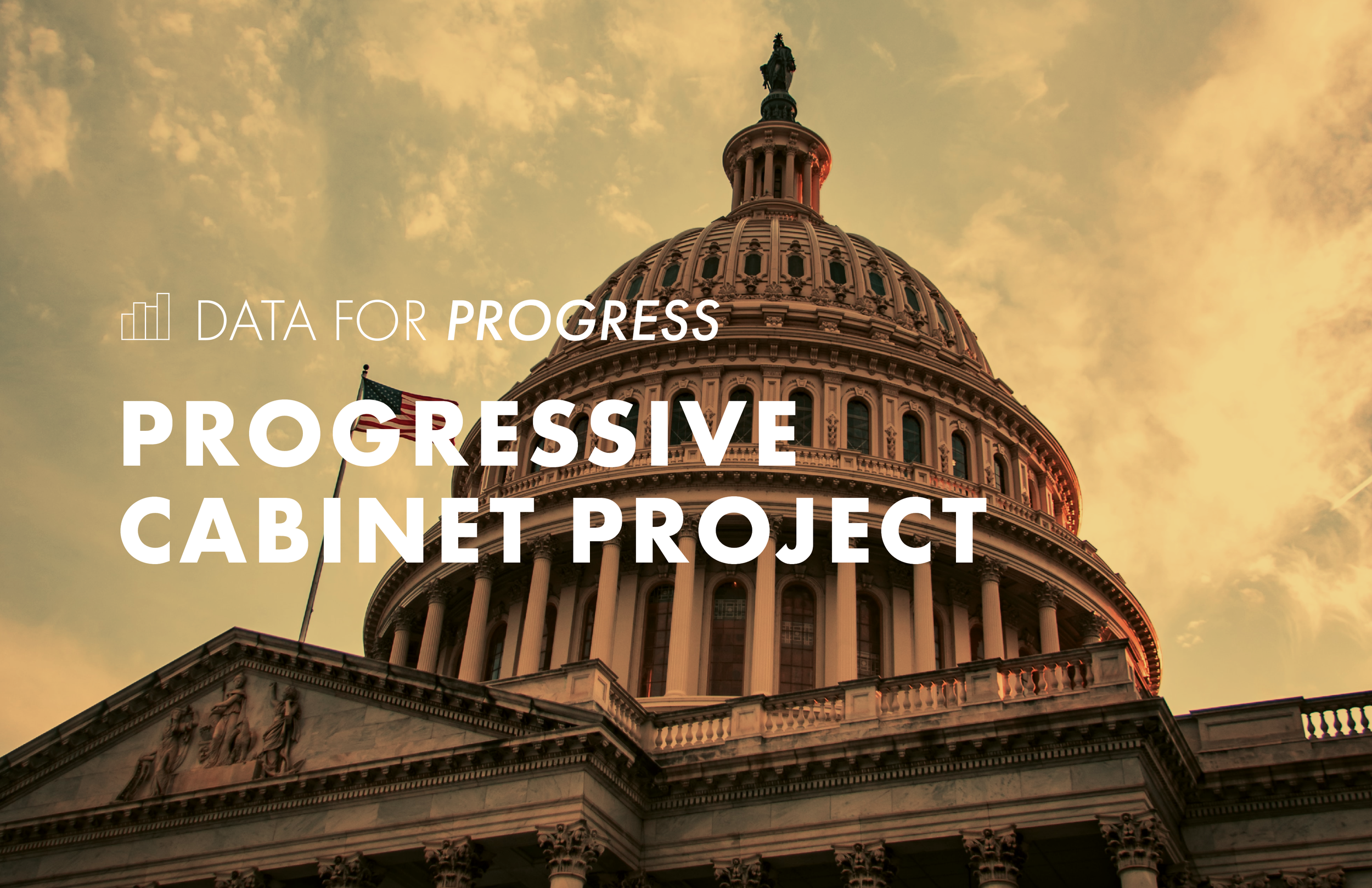Memo: Congress Must Provide Real Aid to People in the Next Stimulus Package
By Pamela Foohey Professor of Law, Indiana University Maurer School of Law and Sara S. Greene Professor of Law, Duke University School of Law
Executive Summary
Congress has the ability to provide comprehensive aid to households in the next stimulus package. At its core, the new legislation must provide recurring, inclusive, and long-term relief for individuals and families. This relief must not end at an arbitrary date by which Congress wishes the coronavirus will magically disappear. It must give people money and money equivalents for their necessary expenses, not offer them what amounts to more credit by pushing off the due date for their debts. And it must provide ways for parents to take care of their children while they work. The next federal stimulus legislation should include, at a minimum, the following:
Automatic stabilizers that base the expiration of relief measures on metrics, such as unemployment rates, not specified dates;
Recurring and sufficient monthly payments to cover necessary expenses;
Continued unemployment insurance;
Cessation of mortgage and rent payments;
Cessation of student loan payments and cancelation of debt;
Allowance for a recipient’s Earned Income Tax Credit (EITC) to be based on their prior year’s income;
Prohibition of debt collection and wage garnishment;
Comprehensive child care support; and
Support for people experiencing homelessness.





